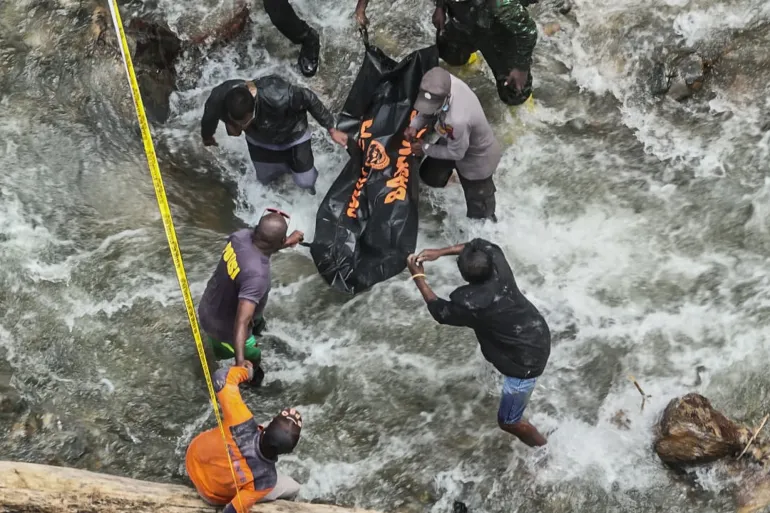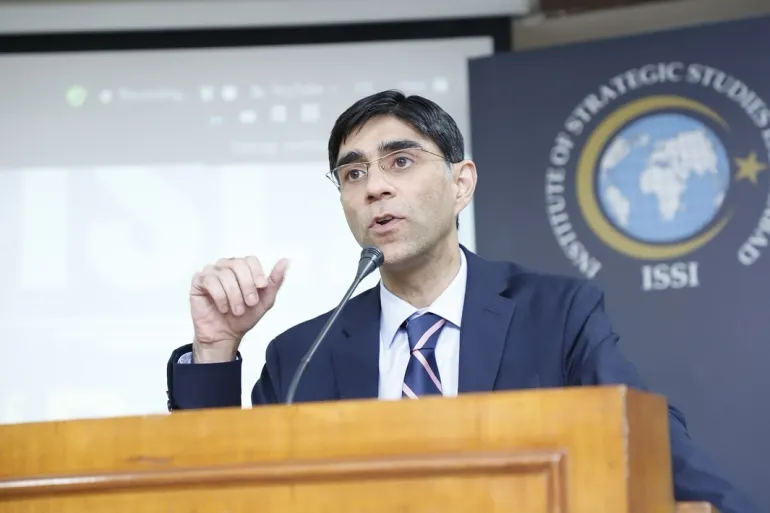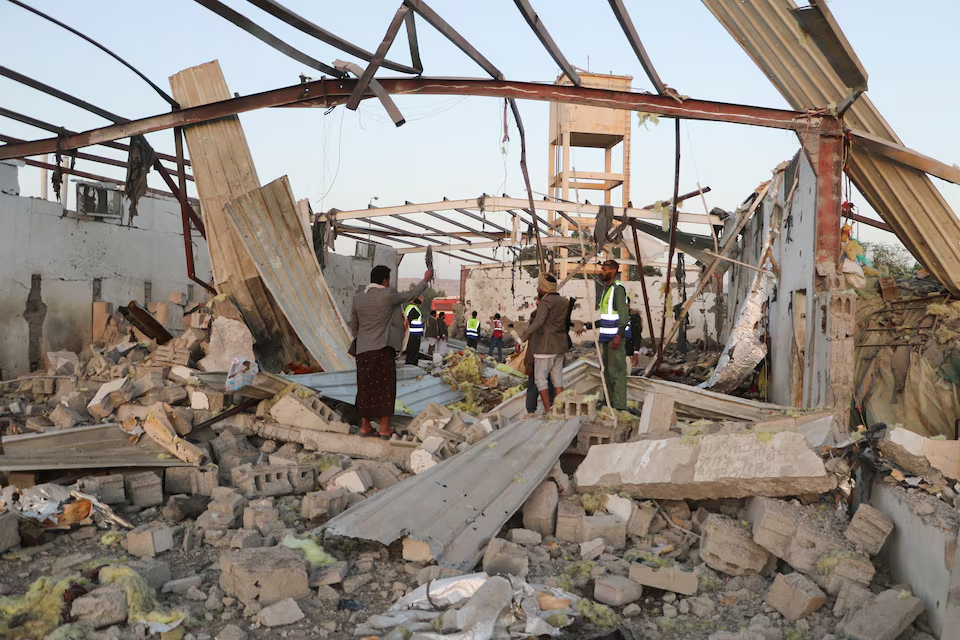Efforts to rescue dozens of gold miners trapped by a devastating landslide in Indonesia’s Sulawesi island have been suspended due to heavy rains, authorities said on Monday, May 19, 2025. The deadly landslide, which struck on Saturday, has already claimed at least 23 lives, with more than 35 others missing and feared dead.
The landslide occurred at an illegal gold mining site in Bone Bolango district, Gorontalo province, after days of intense rainfall weakened the surrounding hills. Massive amounts of mud and debris buried mining tunnels, temporary shelters, and equipment as miners were working in the area.
Search and rescue teams, including police, military personnel, and volunteers, had been combing through the wreckage in hopes of finding survivors. However, continuing torrential rain and unstable terrain forced authorities to temporarily suspend operations on Monday afternoon, citing risks of secondary landslides.
“The situation remains extremely dangerous. The soil is unstable, and heavy rains are making access nearly impossible,” said Ridwan Usman, head of the provincial disaster mitigation agency.
Footage shared on local media shows desperate family members waiting at the edges of the disaster site, many of them holding out hope that their loved ones could still be alive. Makeshift tents have been set up to provide basic relief, but officials warn that food, medicine, and shelter remain scarce due to the remote location of the site.
Indonesia’s national disaster agency, BNPB, has confirmed the death toll at 23 but warns that the number could rise significantly as rescue efforts resume. Several of the deceased have not yet been formally identified. Emergency workers recovered more bodies on Monday before operations were halted again.
The site, like many in Indonesia’s mineral-rich interior, was an unregulated and informal mining operation, often operating outside government oversight. Experts say these illegal mines are notoriously unsafe, lacking proper drainage, excavation methods, or emergency protocols.
“These are ticking time bombs,” said Afni Parawansa, an environmental researcher at Gadjah Mada University. “When heavy rains come, the soil loosens, and with no structural safeguards, landslides become inevitable.”
Local officials say they had previously warned miners about the risk of collapse due to weather conditions, but many ignored the warnings due to the high profits associated with gold extraction.
President Joko Widodo has expressed condolences to the victims’ families and ordered emergency assistance to the region. He also called for stricter enforcement against illegal mining and emphasized the need for better disaster preparedness in rural and mountainous areas.
The tragedy has once again drawn attention to the dangers of illegal mining in Indonesia, a country with vast natural resources but where enforcement of environmental and labor laws remains weak, especially in remote regions. Over the past decade, dozens of similar incidents have occurred, killing hundreds and injuring many more.
Environmental groups have long called for a comprehensive crackdown on unlicensed mining, coupled with sustainable development efforts to provide safer and more regulated employment in these areas. However, high gold prices and poverty continue to drive local populations to risk their lives for the promise of quick returns.
With weather conditions expected to remain unstable over the next 48 hours, authorities say search efforts will resume when it is safe to do so. In the meantime, support teams are focusing on delivering humanitarian aid and preparing contingency plans in case of further natural disasters.
For now, families of the missing miners are left in anguished limbo — clinging to hope amid the rain and mud, as Indonesia grapples once again with the deadly intersection of poverty, extraction, and nature’s wrath.
Source; Al Jazeera



